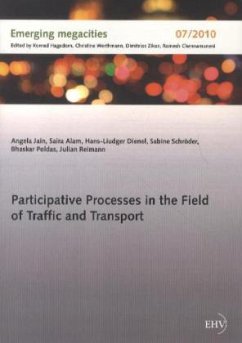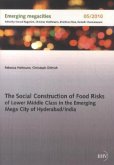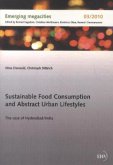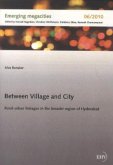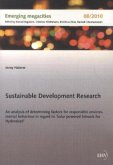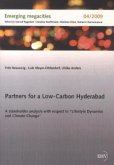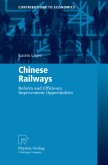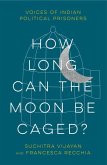Due to a constantly high population growth of India s sixth largest metropolis Hyderabad, a strongly growing middle-class and the subsequent rise of tra c and motorised vehicles in particular, sustainable solutions are needed to secure daily routines. For up to 50 % of the predominantly poor population, walking is crucial for everyday life. There is a tendency towards suburbanisation, still, for many people living in the city s central areas even low fares for busses or rickshaws are often not a ordable. Additionally, the high level of air pollution poses a risk for people s health. This paper presents the action research conducted in 2009 (Citizens Exhibition, expert workshop and online-dialogue). It analyses the degree of participation at di erent levels and evaluates the participative tools and methods used. It explains the most important problems in the eld of tra c and transport from the citizens point of view on the local level and gives an outlook on the problems and tasksat the city level. The analysis shows that the situation of pedestrians can be seen as one of the most important problems in the eld of tra c and transport: a high rate of fatal accidents in which pedestrians lose their lives. Also missing or unattractive footpaths lead to a high probability of switching over to motorised transport modes by those pedestrians who can a ord it and to the marginalisation of those who cannot a ord it. At the same time the topic bears good opportunities to come up with low-tech, cost e ective and at the same time highly e cient solutions in terms of CO2 reduction. Although or for the reason that the topic is not on the top list of the political agenda, there is a civil movement to push it forward and forcefully improve mobility and quality of life.

